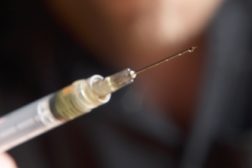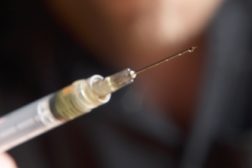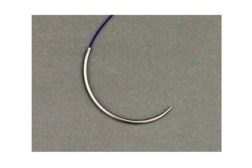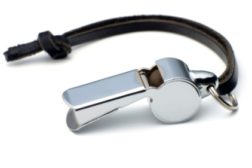Home » Keywords: » bloodborne
Items Tagged with 'bloodborne'
ARTICLES
Free training course from Cintas prepares employees for emergencies
Read More
NJ surgical center employees exposed to bloodborne pathogens
No blood test, medication after sharps injury
March 7, 2013
Blowing the whistle over needlestick hazard gets dental employee fired
OSHA takes dentist to court
September 22, 2011
Become a Leader in Safety Culture
Build your knowledge with ISHN, covering key safety, health and industrial hygiene news, products, and trends.
JOIN TODAYCopyright ©2025. All Rights Reserved BNP Media.
Design, CMS, Hosting & Web Development :: ePublishing




